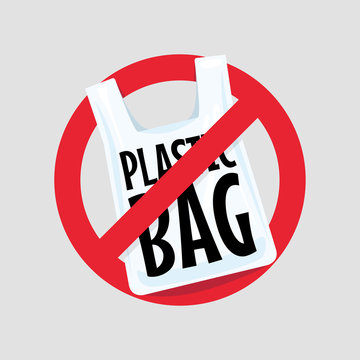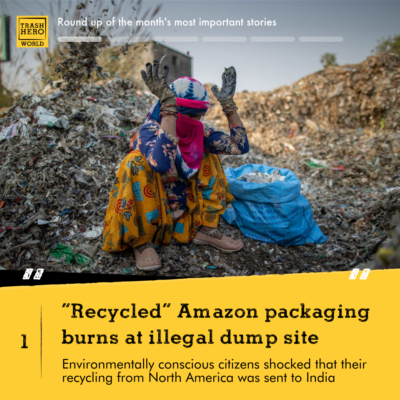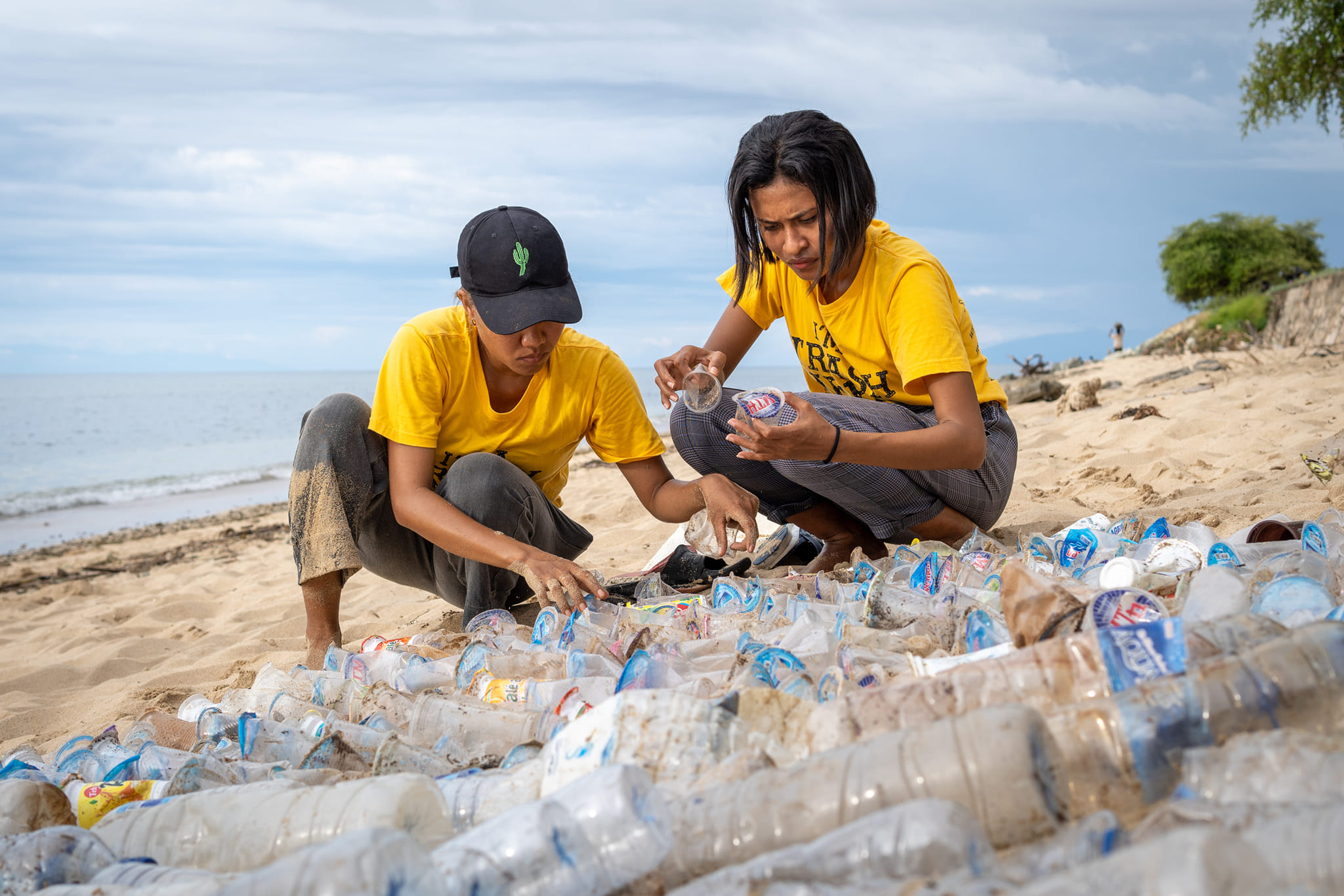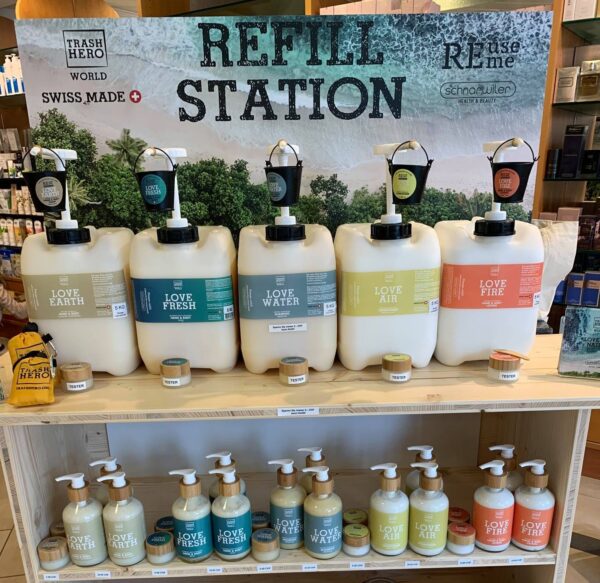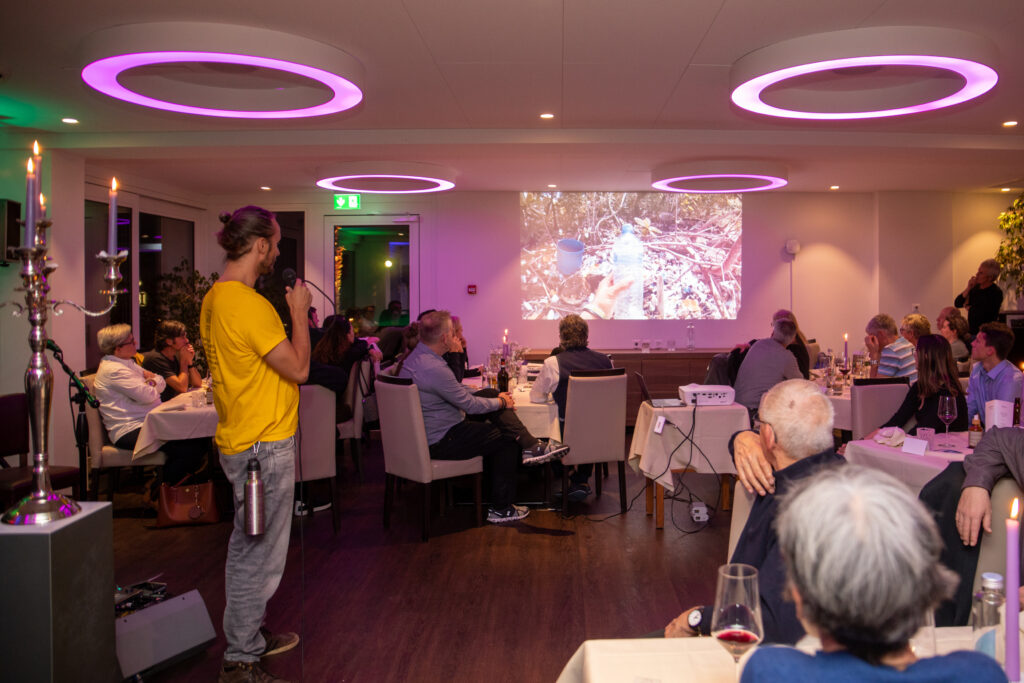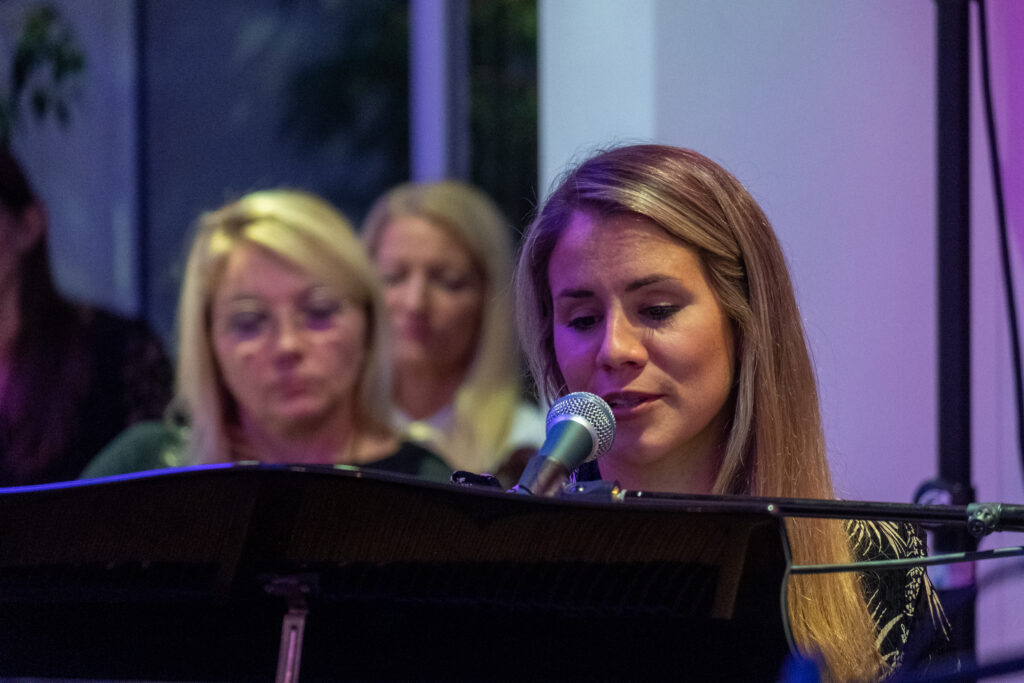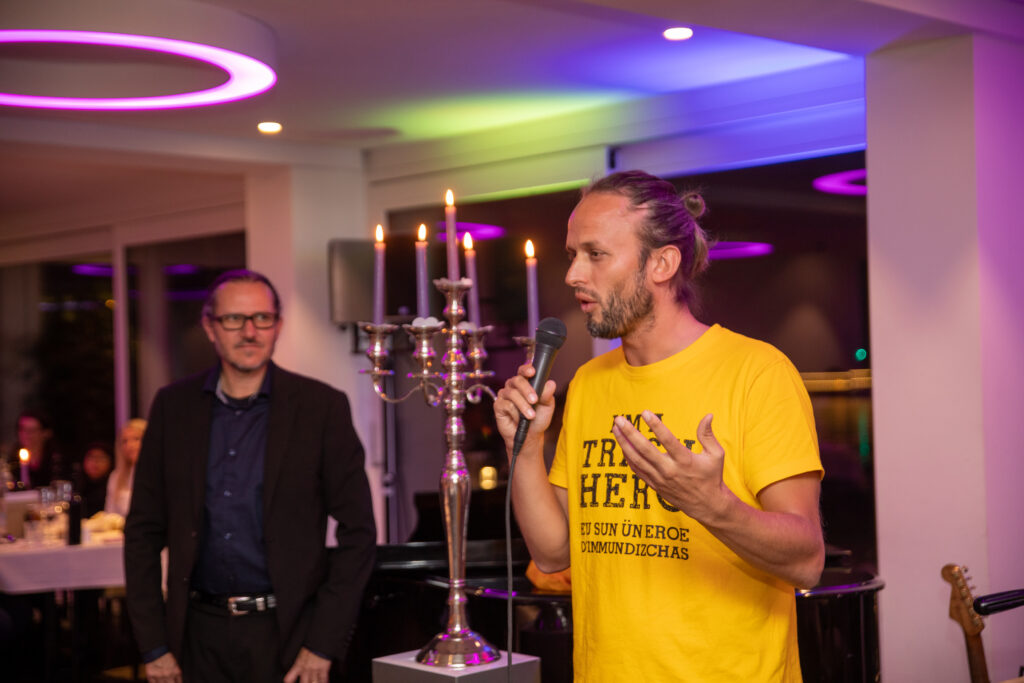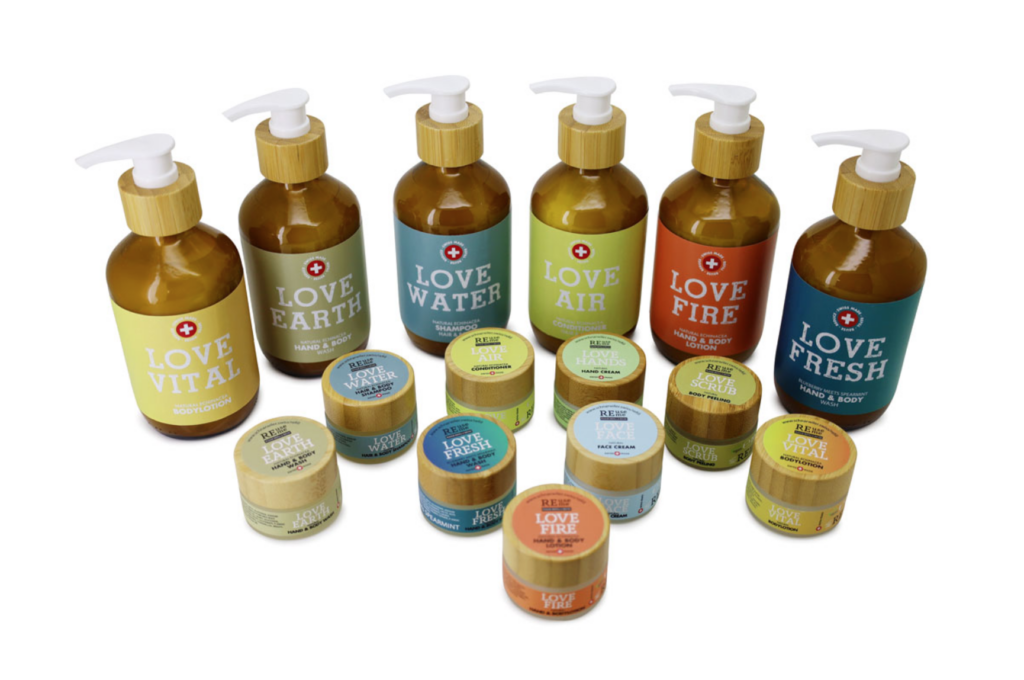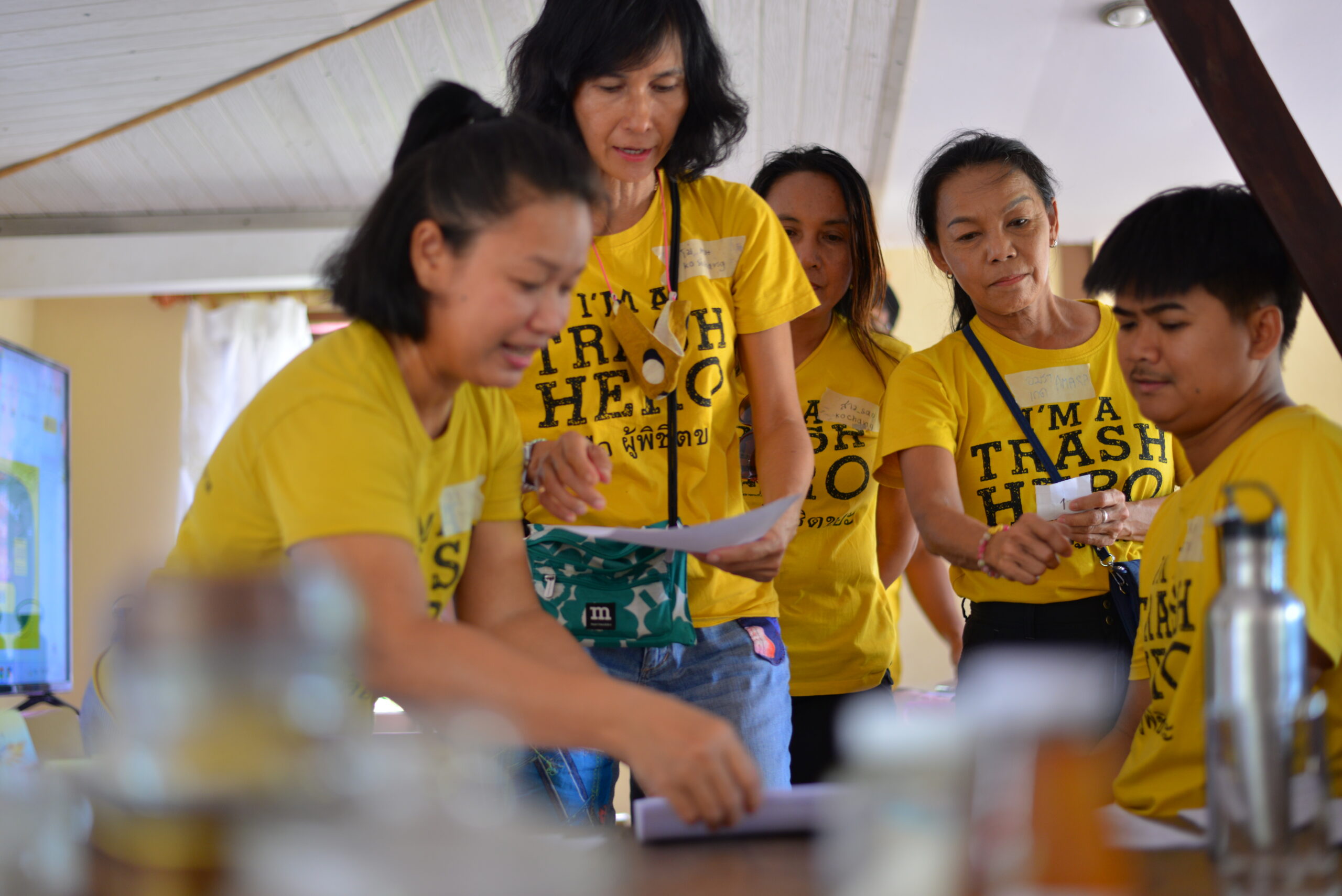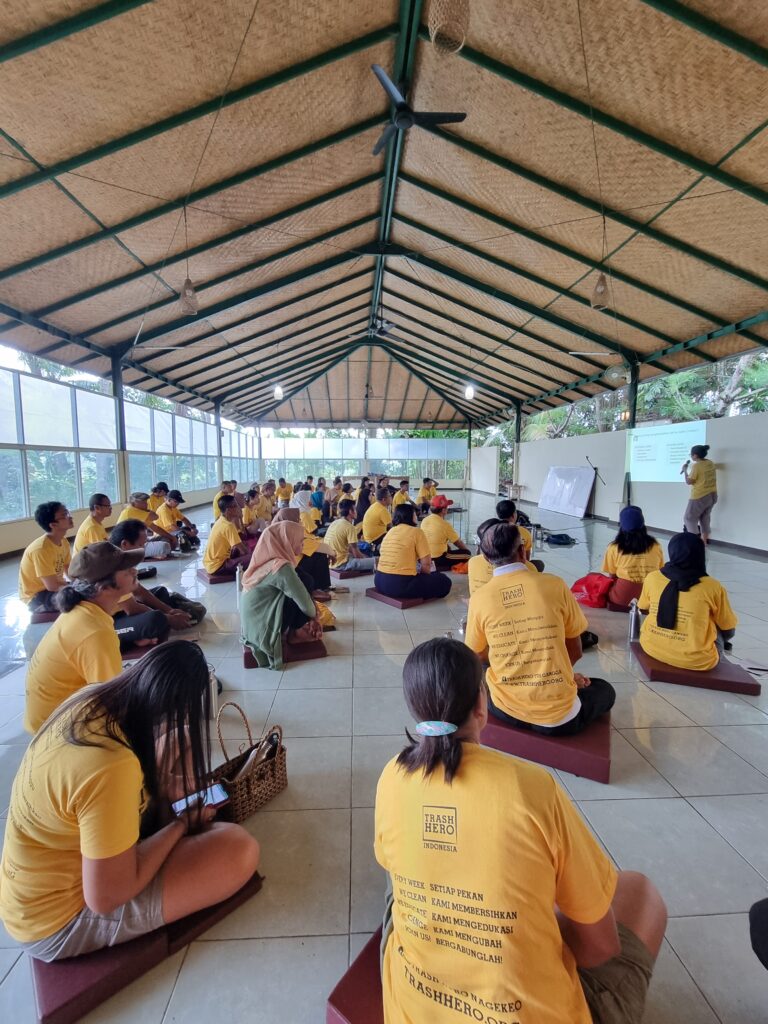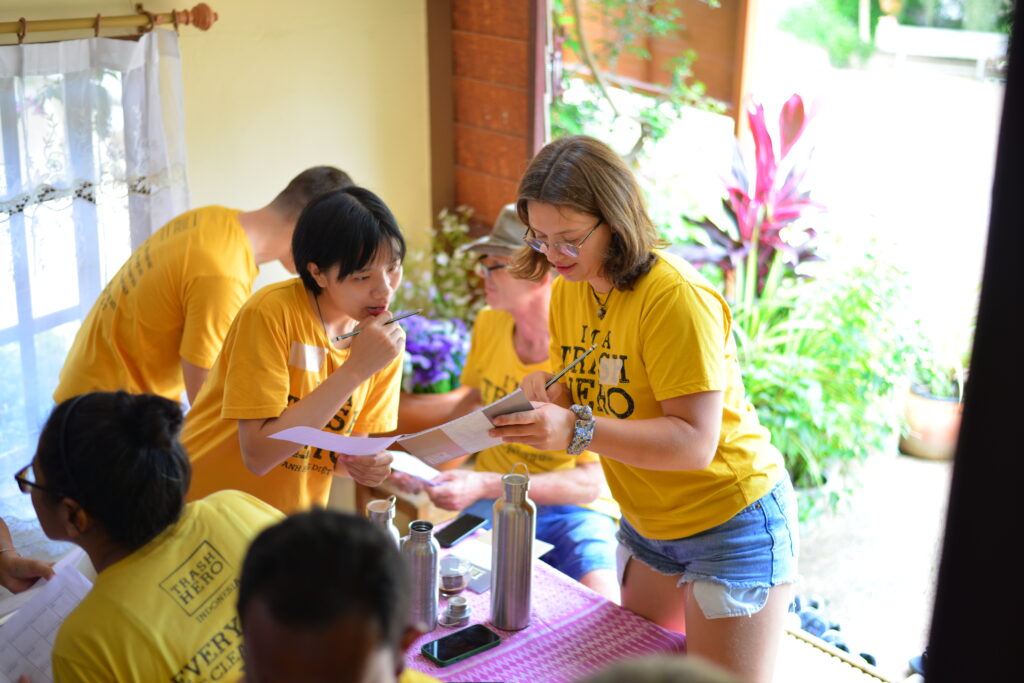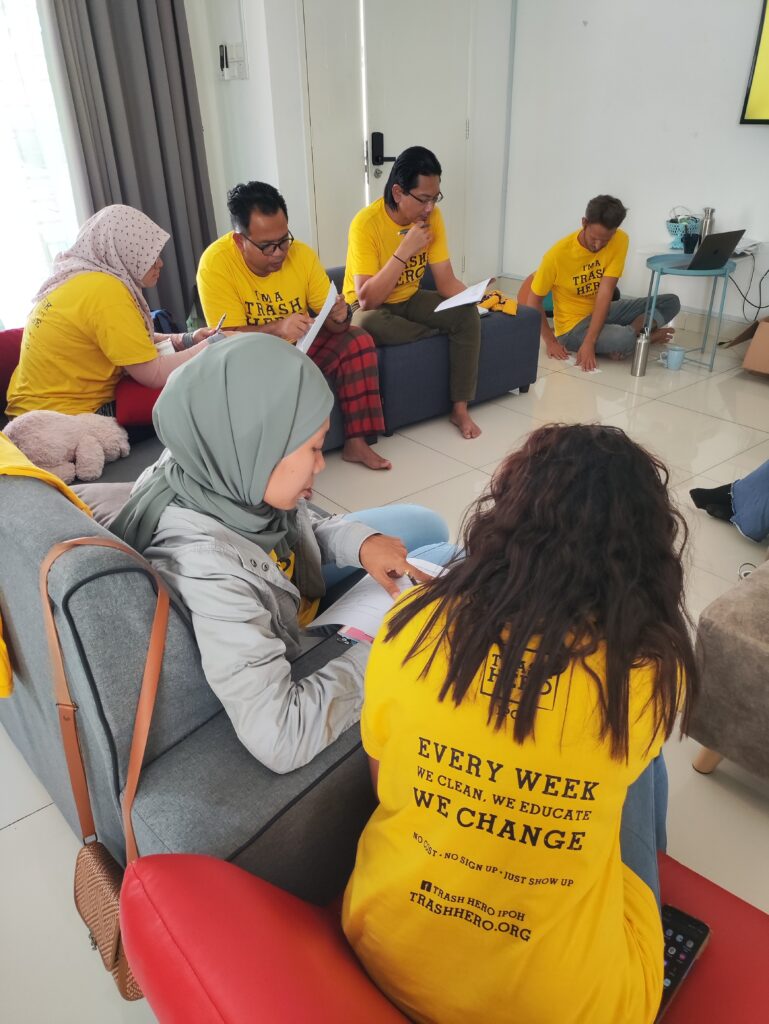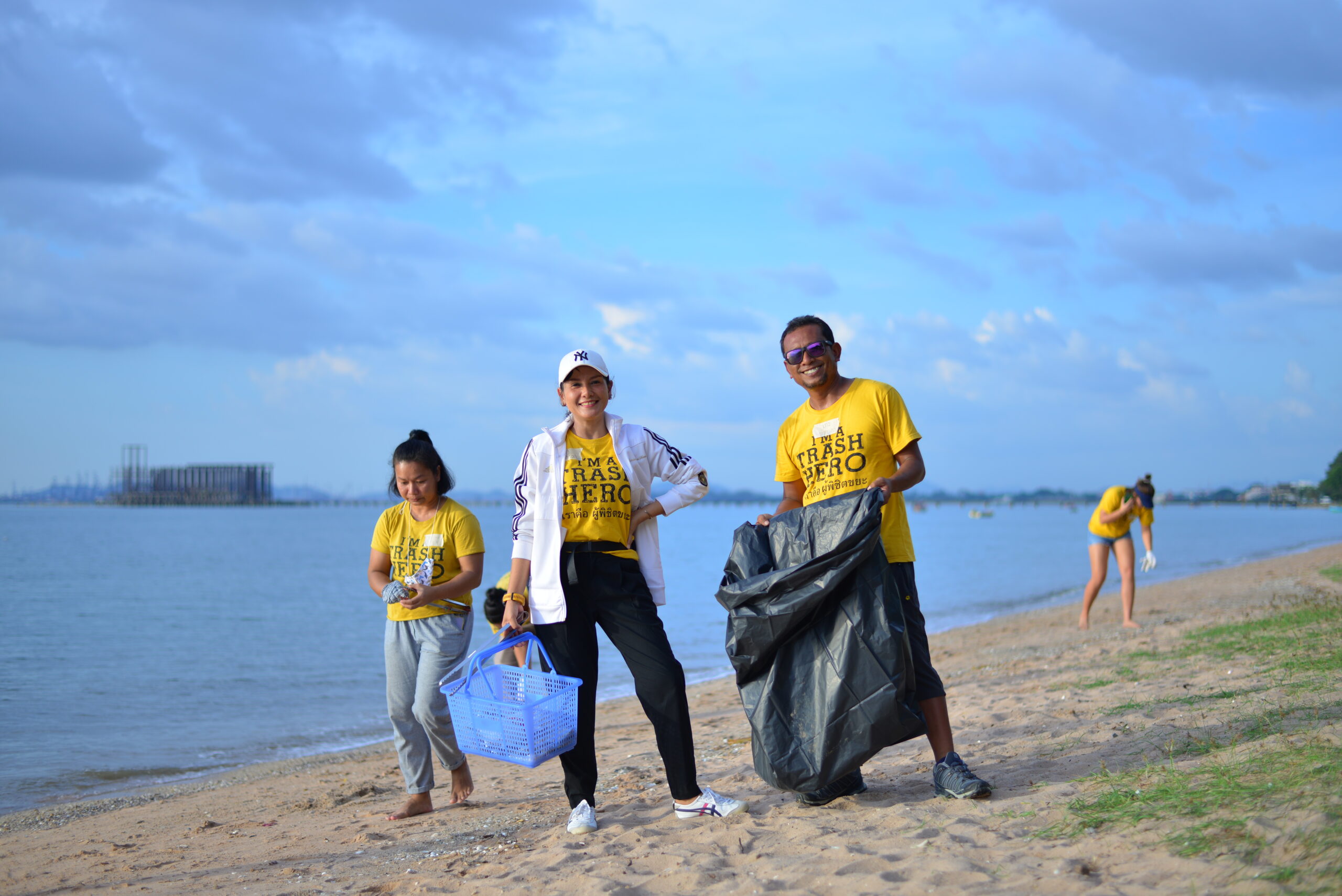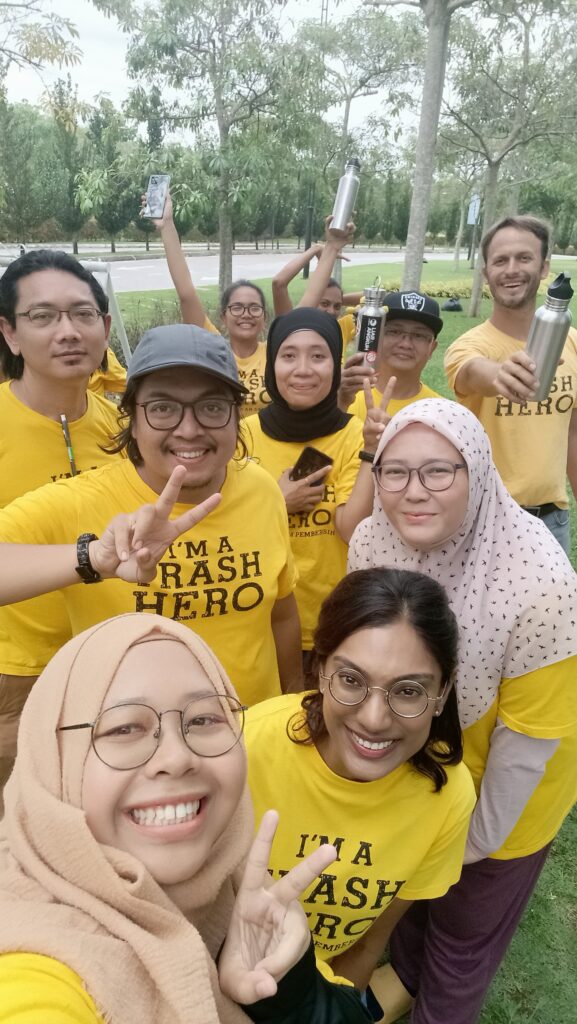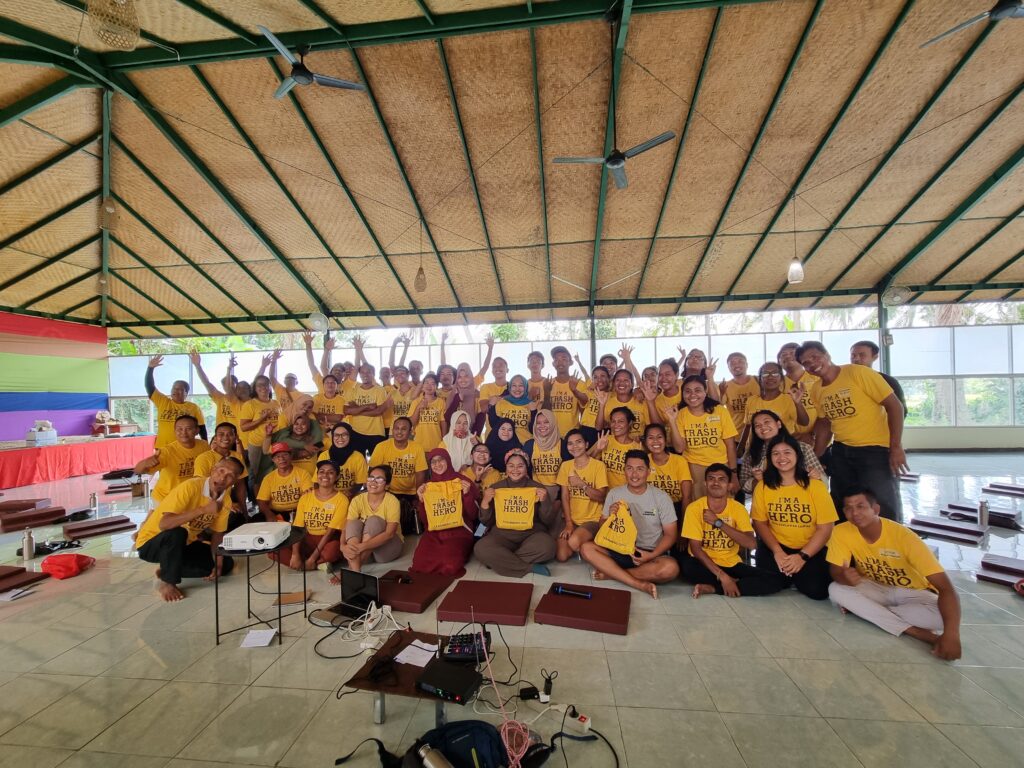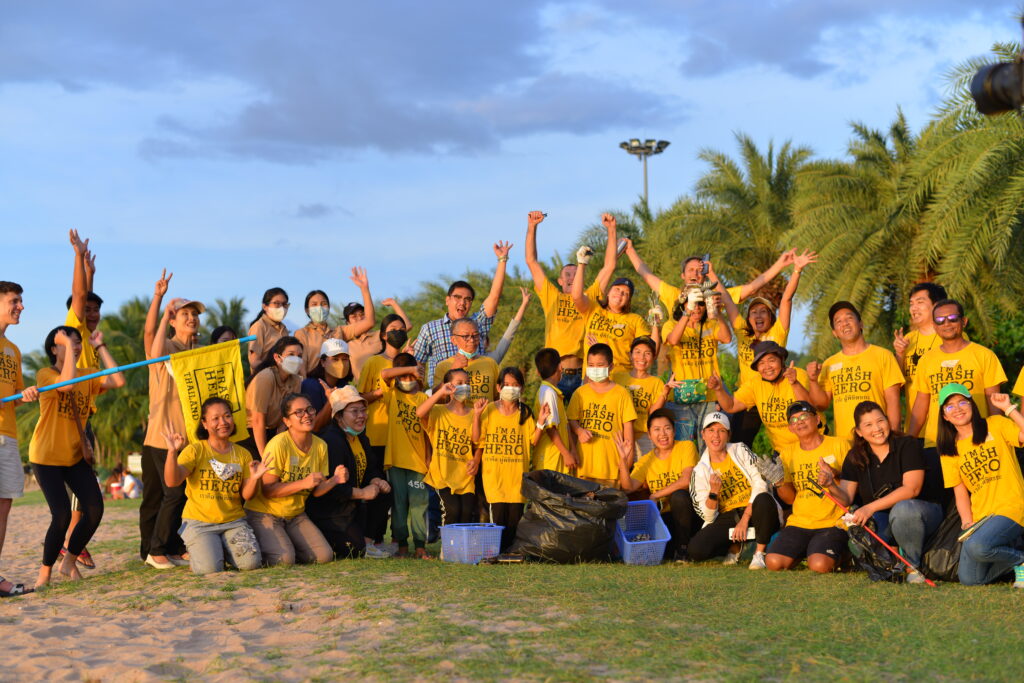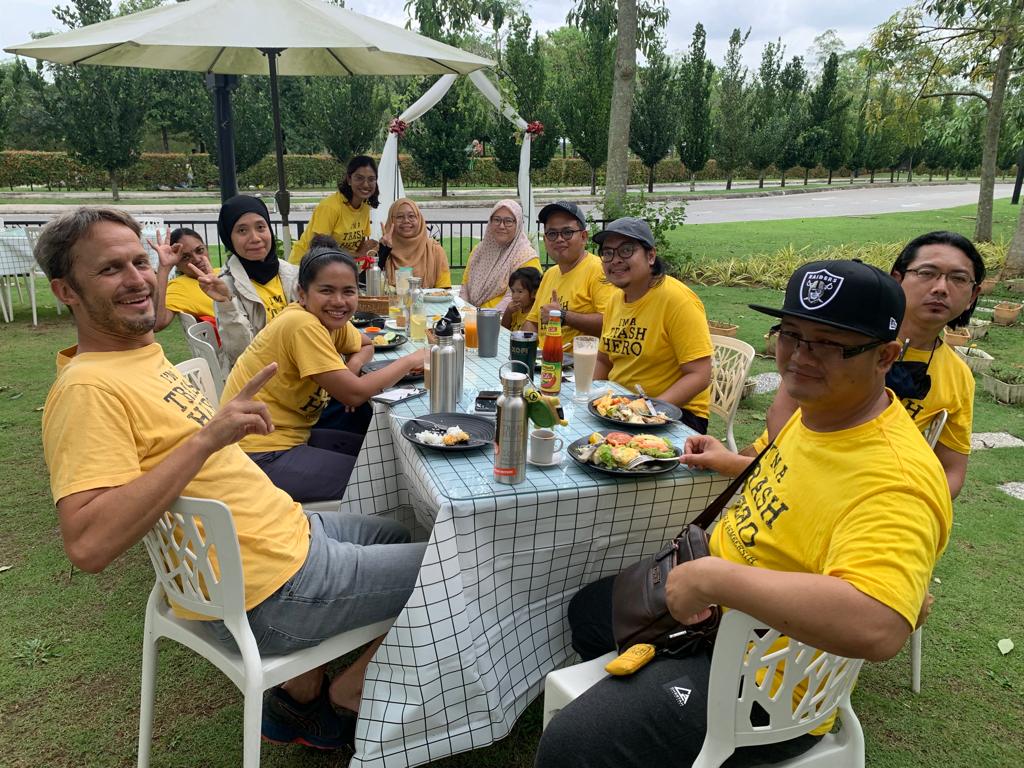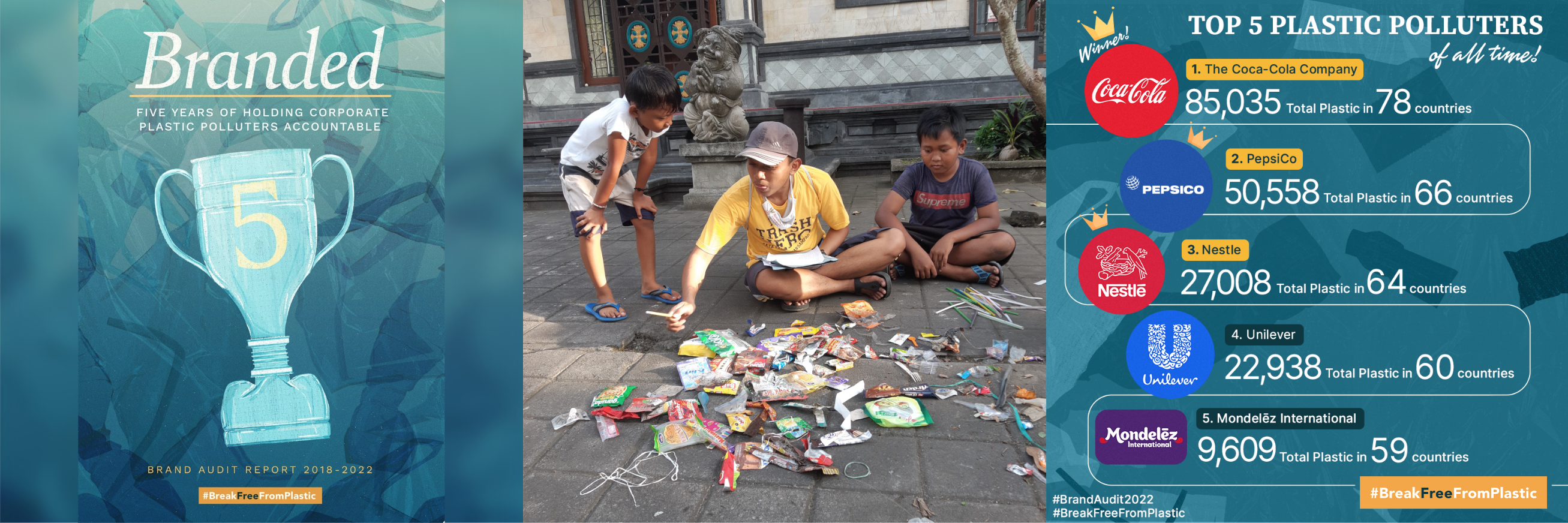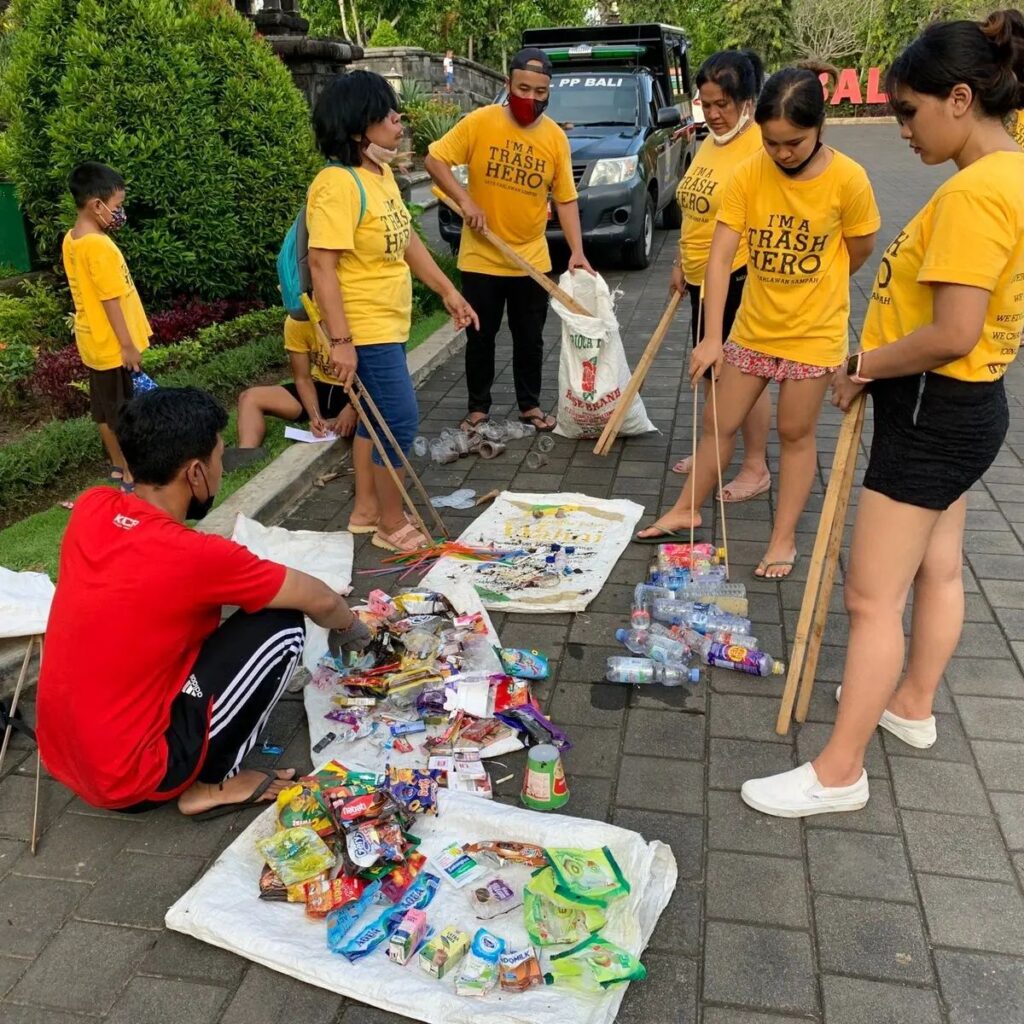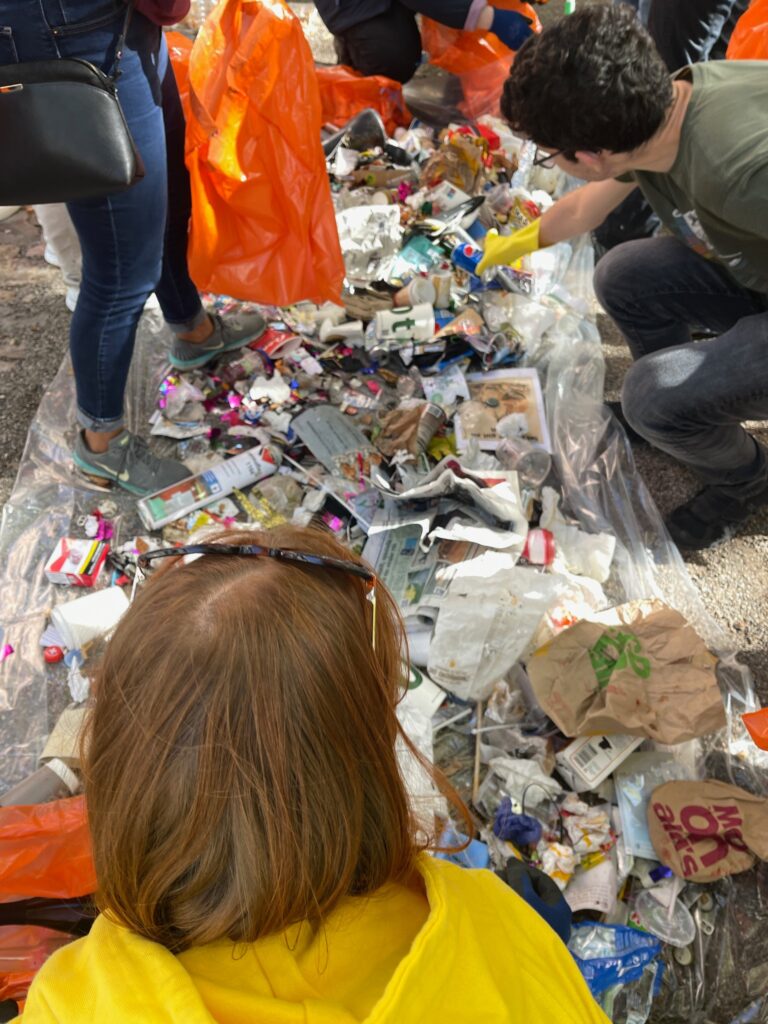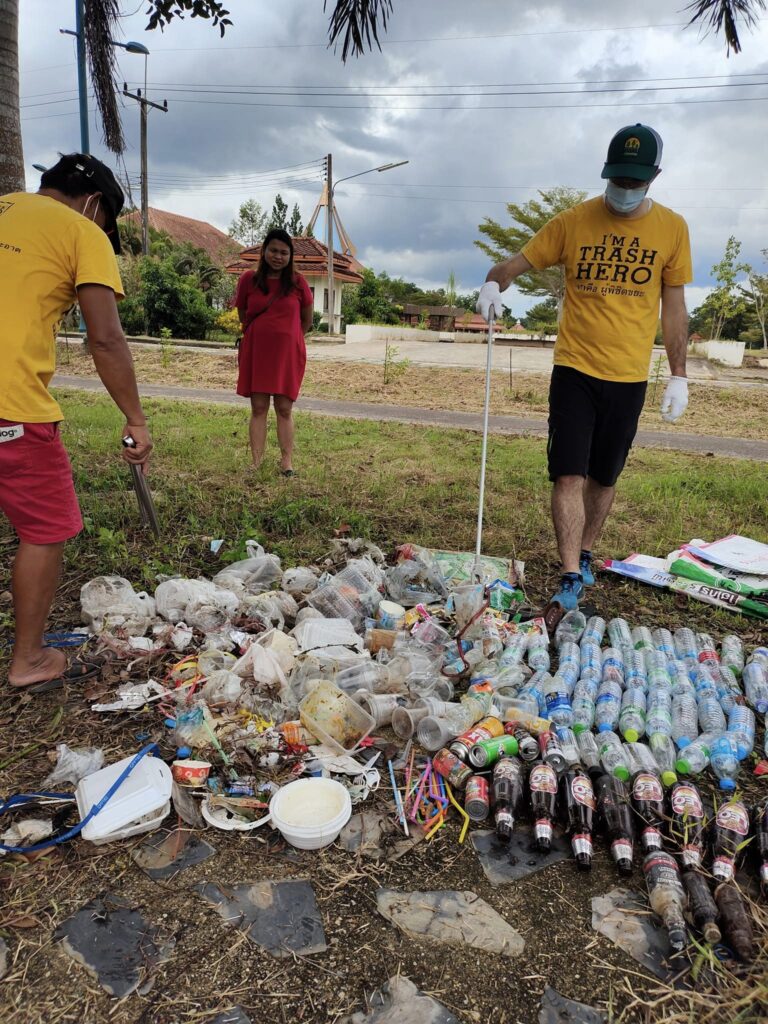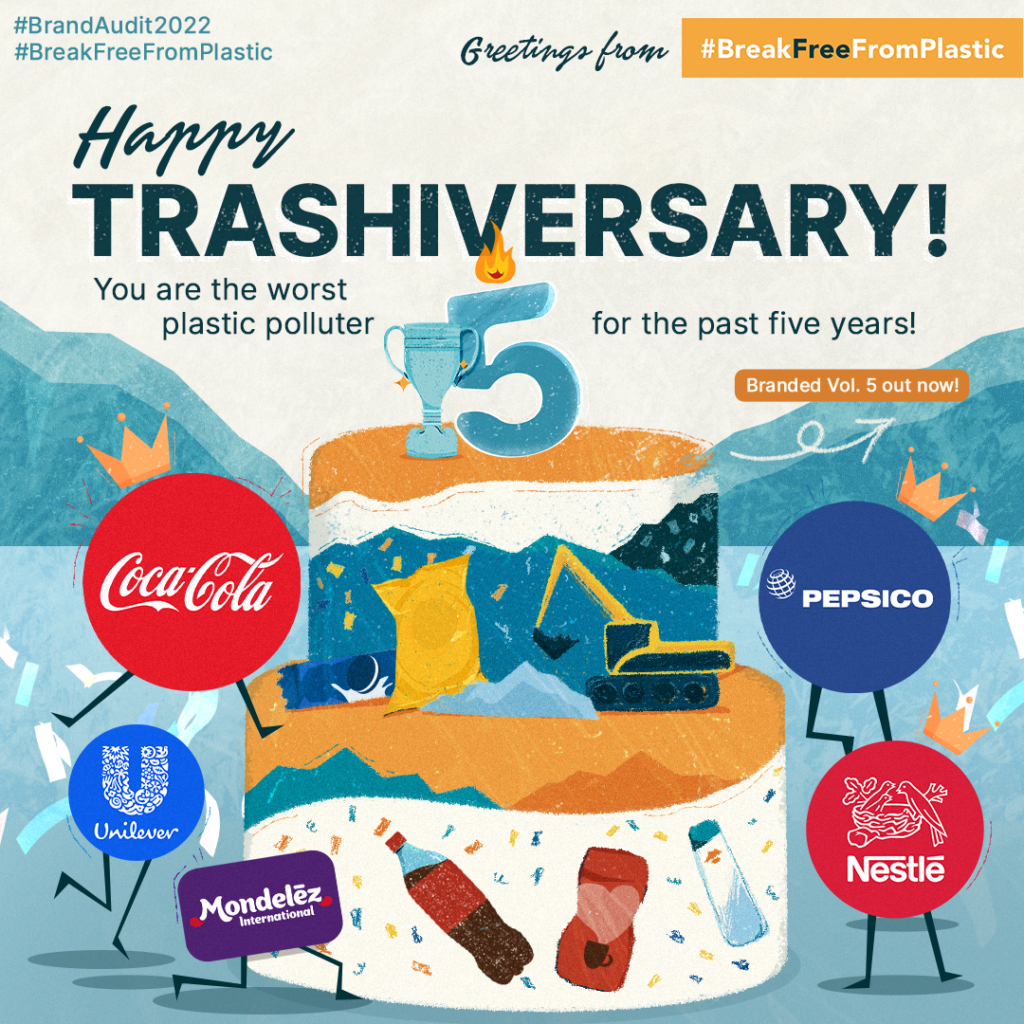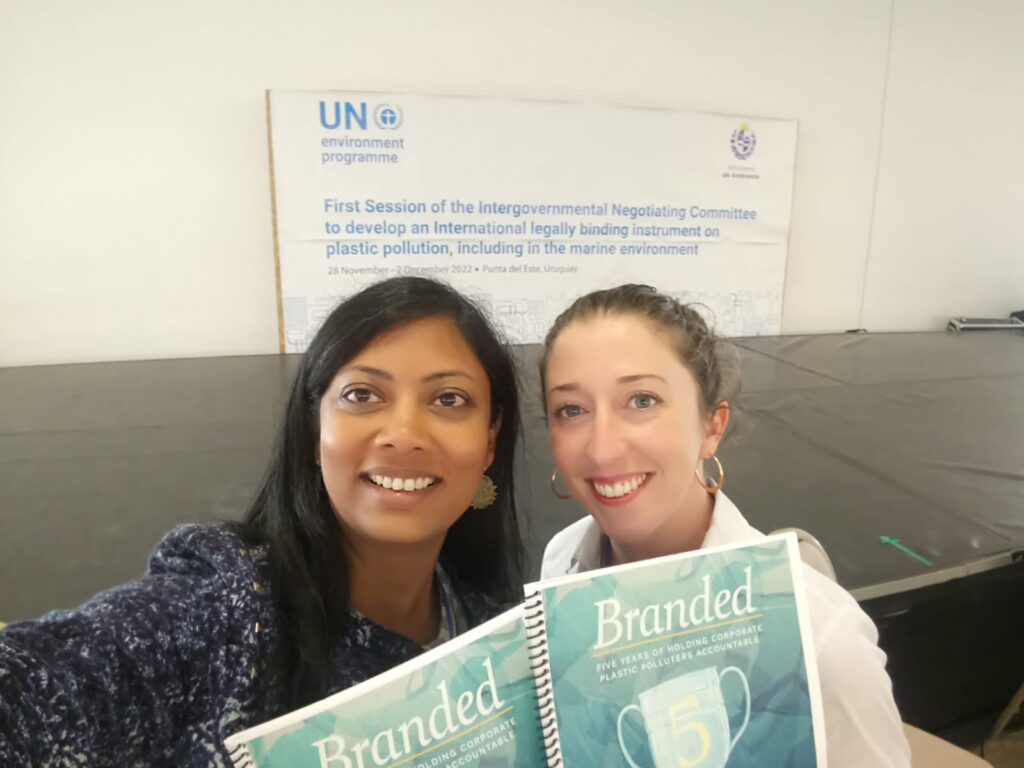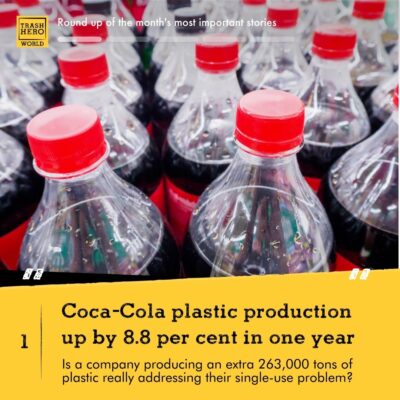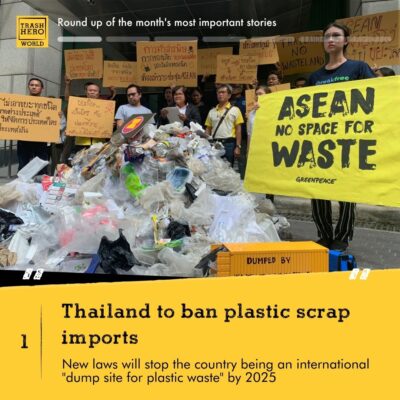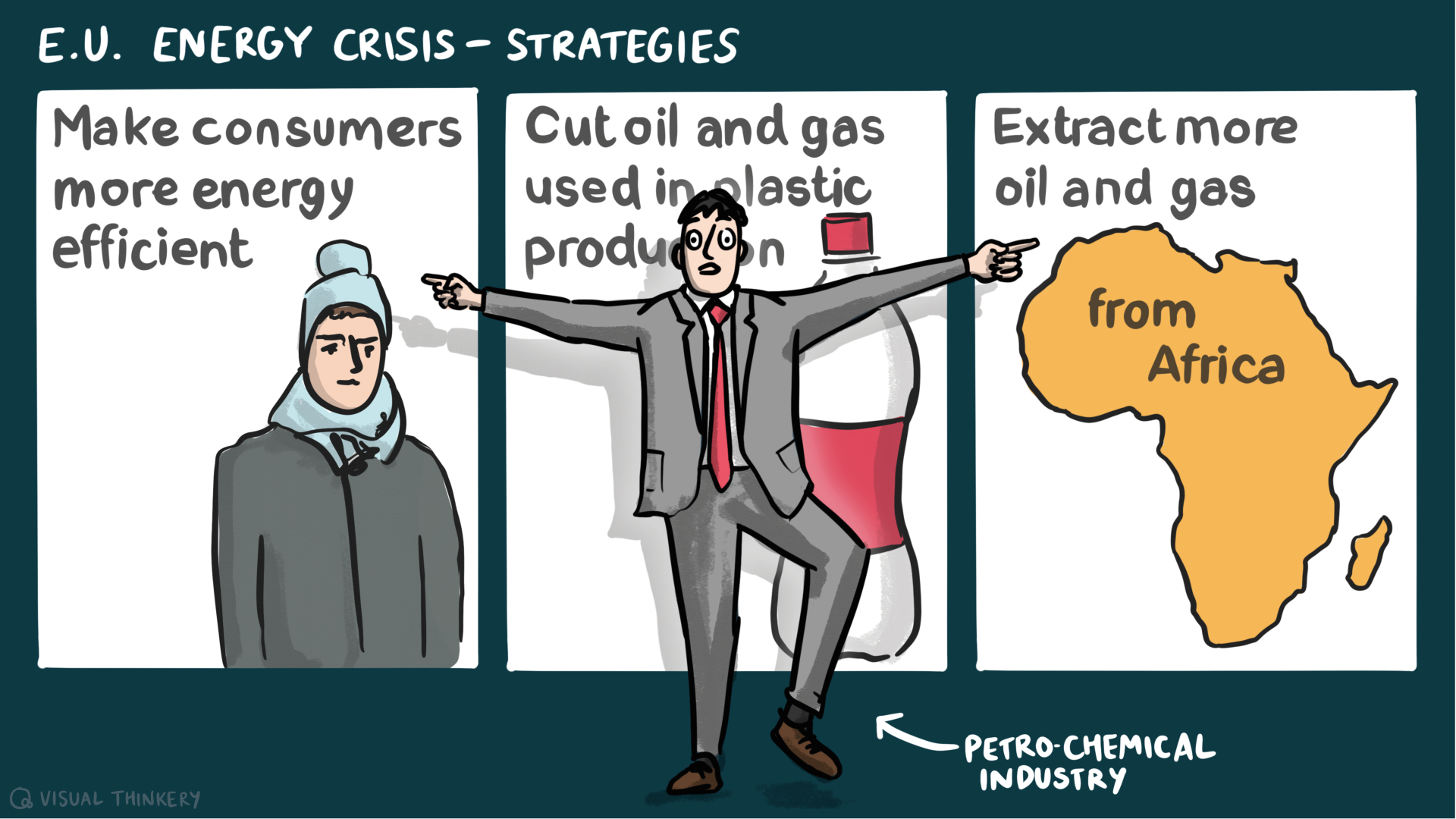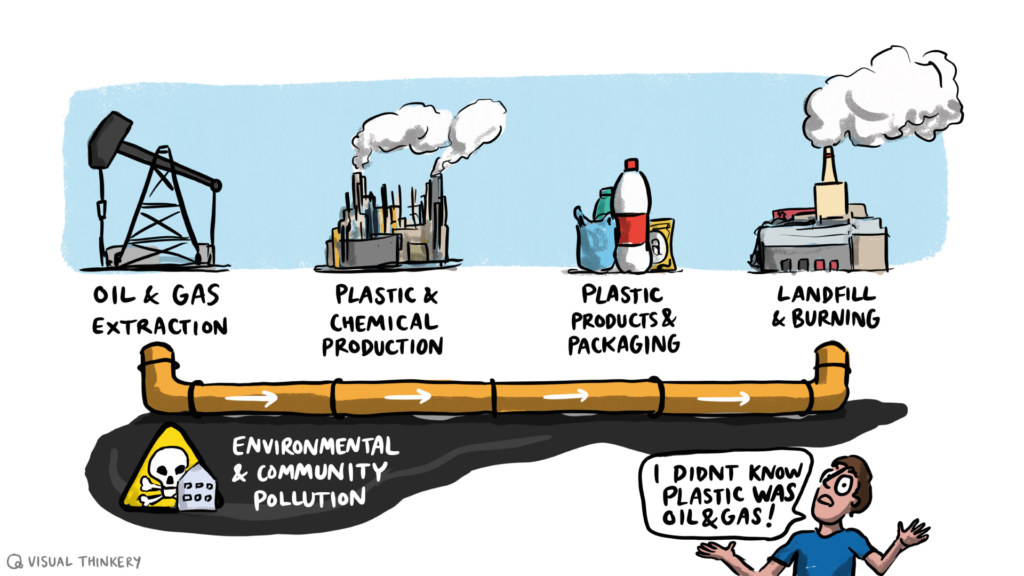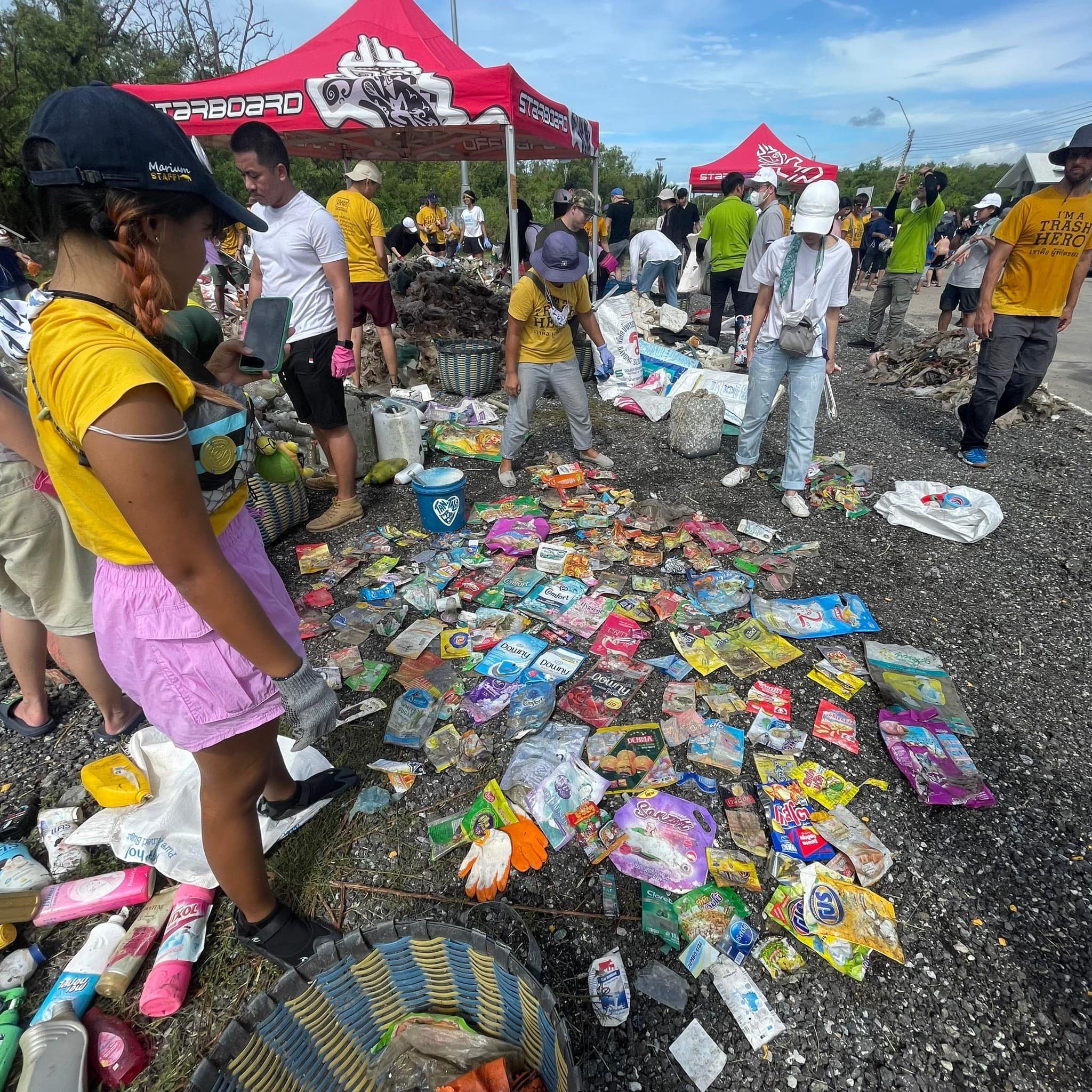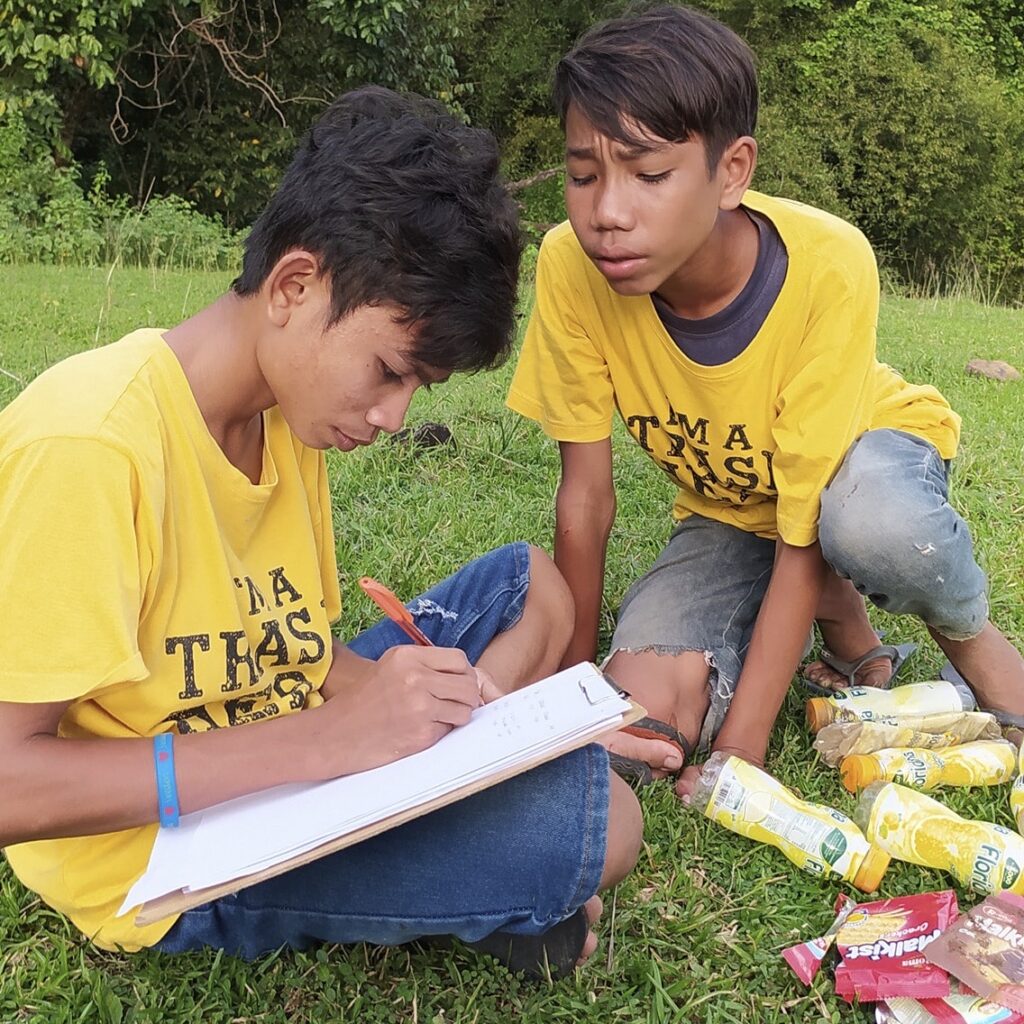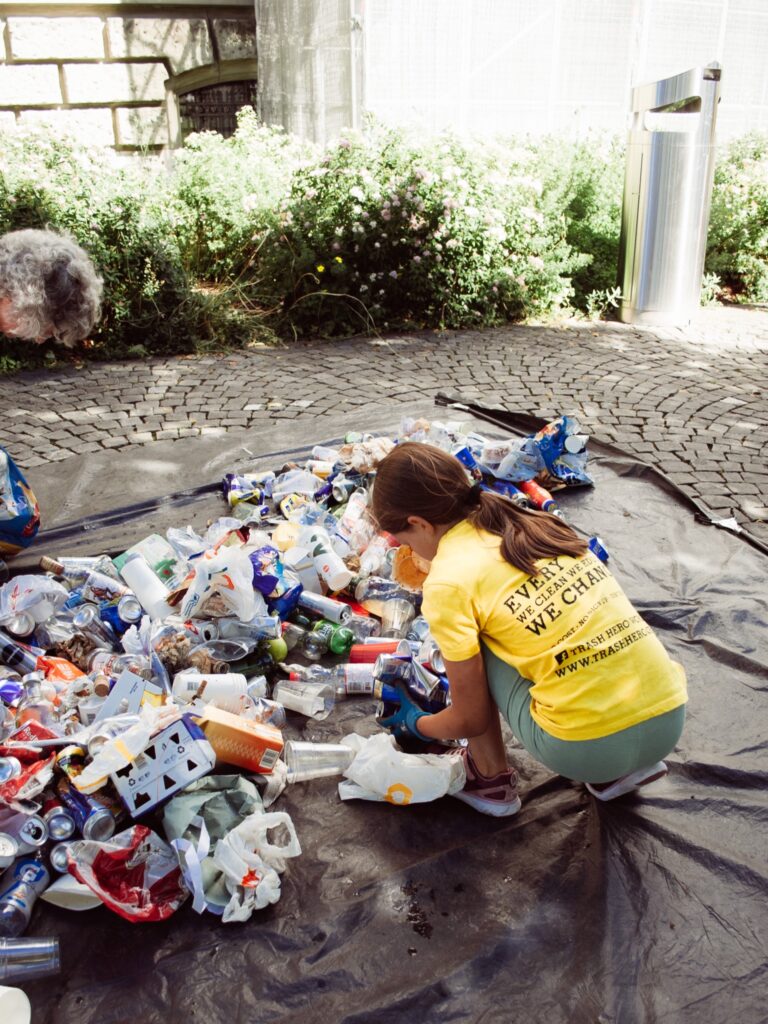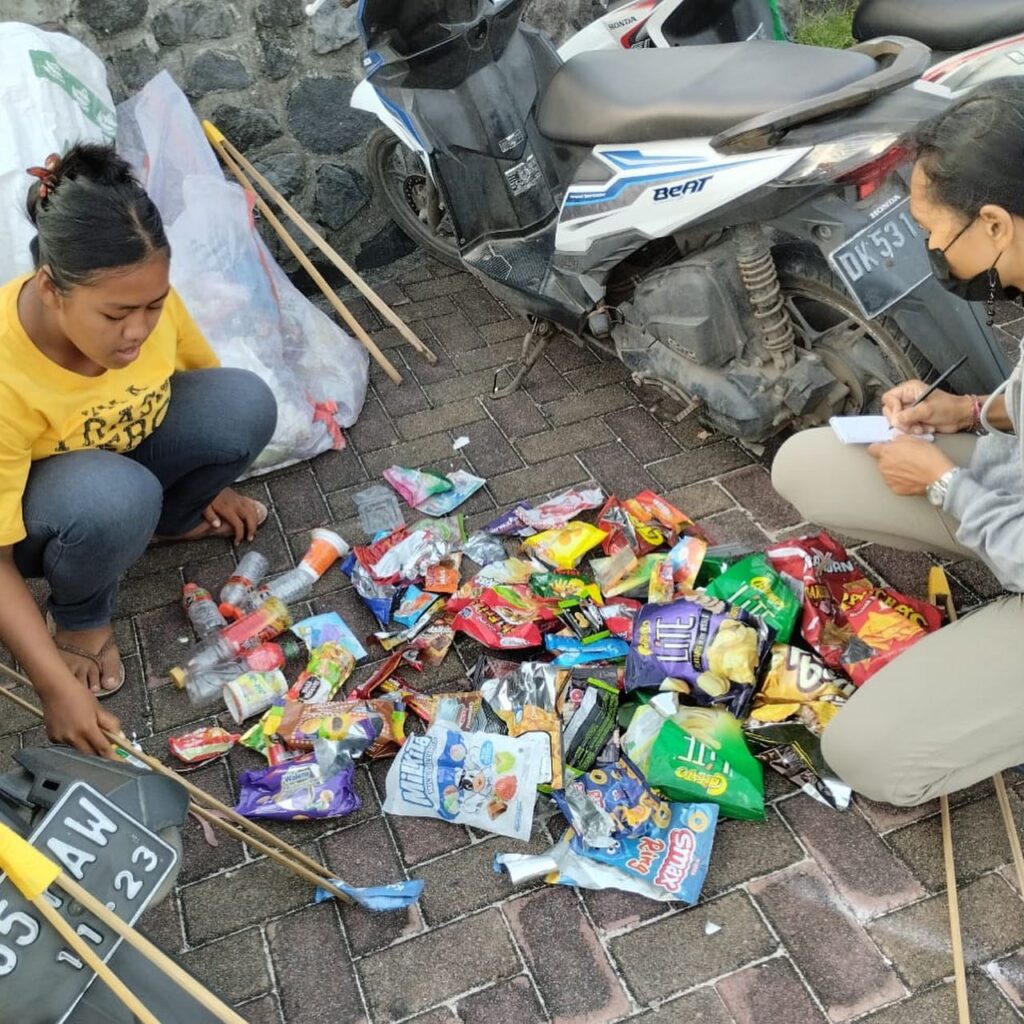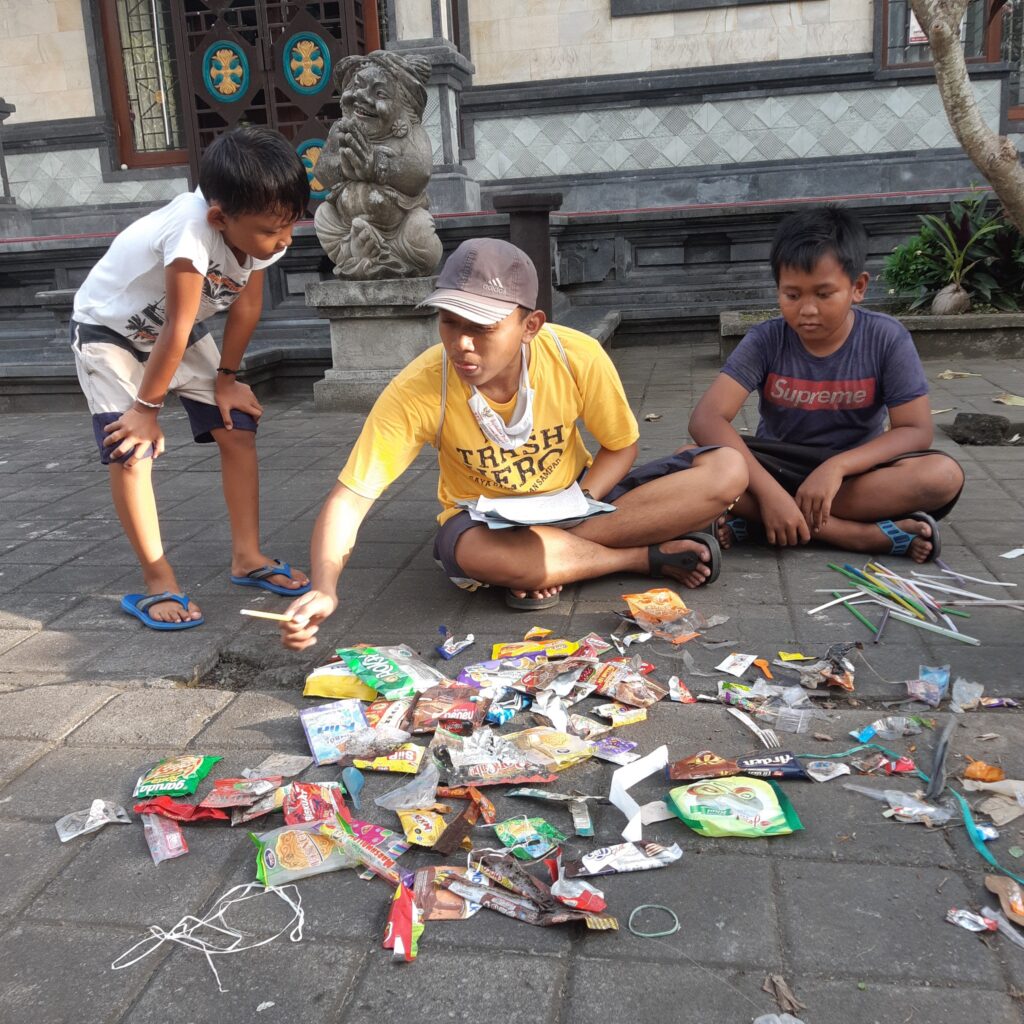Last month England joined the growing list of countries that ban various single-use plastic items. Starting in October 2023, items such as plastic plates, cutlery, takeaway food containers and more will no longer be available in restaurants, retailers or the hospitality industry. The government is hoping it will drastically reduce the amount of single-use plastic used in England.
Single-use plastic bans are becoming increasingly popular as pressure mounts to reduce plastic pollution worldwide – and they are undoubtedly a step in the right direction. However, successful results are not guaranteed.
California’s plastic bag ban in 2014 led to an 85% drop in single-use plastic bag use in stores and a 60% reduction in plastic bags found polluting rivers. On the other hand, when Kenya introduced a similar ban in 2017, a black market for plastic bags developed. The country struggled to prevent these hard-to-recycle bags from plaguing the streets and waterways.
So why does some legislation result in a reduction in plastic pollution and others not? What can be done to ensure that a ban is having the desired effect?
What is being banned?
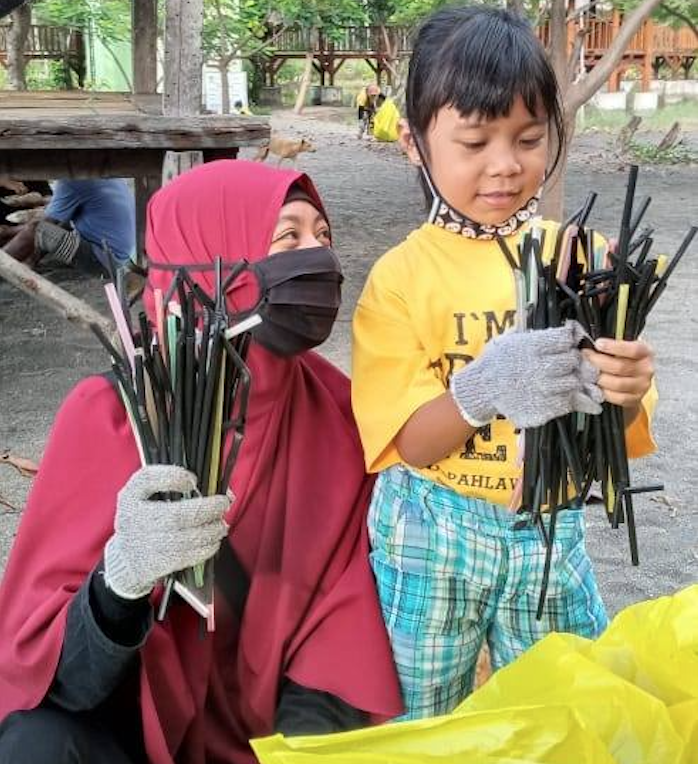
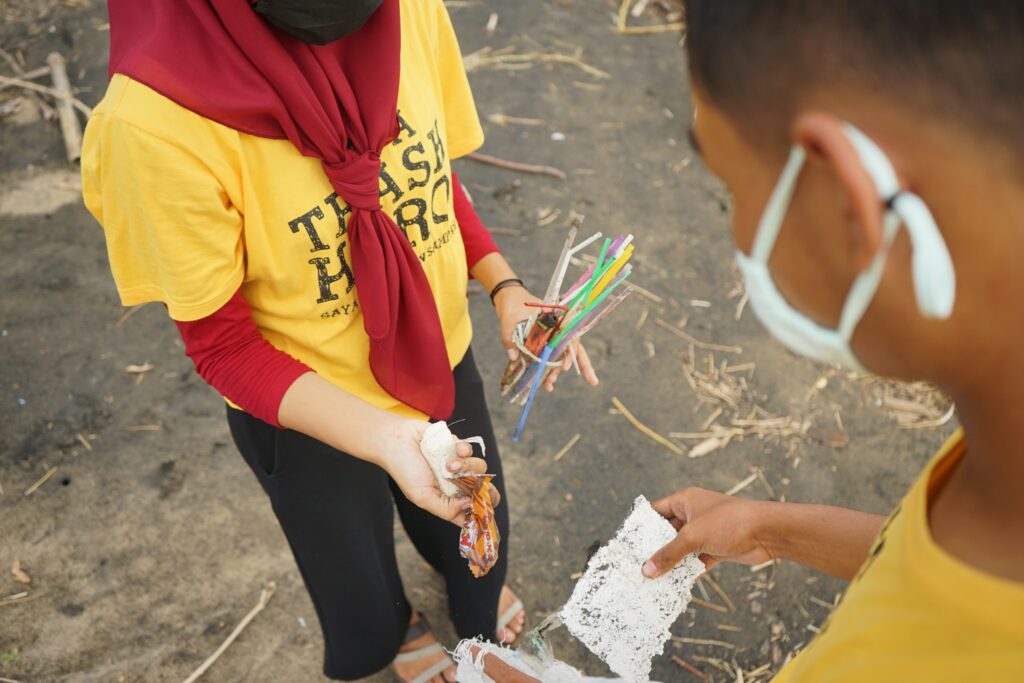
Many single-use plastic bans target low-hanging fruit such as straws, thin plastic bags or cutlery. In reality, these types of items make up just 2-3% of the single-use plastics produced, so the impact is naturally limited.
In July 2022, India introduced such a ban. It has mainly affected local market stalls and street food sellers. With low profit margins and no resources to switch to alternatives, these members of the community have struggled to adhere to the new regulations. The ban in India has, so far, not produced the desired effect.
Critics have suggested that the ban should instead have targeted the far greater amounts of plastic packaging created by supermarkets and multinational companies, for everyday items such as toiletries and food. This packaging is often multi-layer, making it impossible to recycle, and is often designed with branding and cost-cutting (as opposed to functionality or sustainability) in mind. Big companies also have greater resources to make such a change.
In France, the government did target retailers with a ban on plastic fruit and vegetable packaging in January 2022 and, more recently, banning the use of takeaway containers when eating inside a restaurant. This has proven much more effective, although it has not been easy: some sectors of the fast-food industry have used the energy crisis as an excuse not to invest in the changes needed to meet the new regulations.
What should replace the banned items?
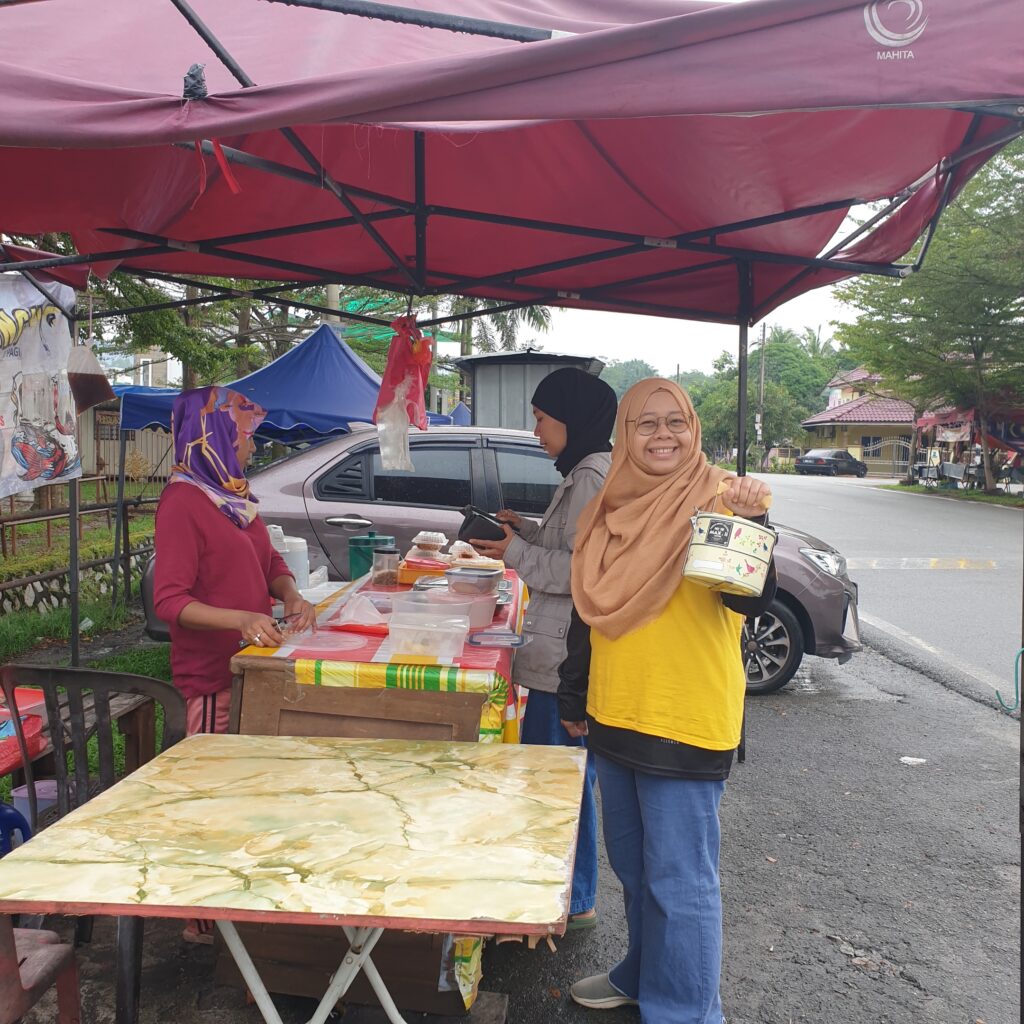
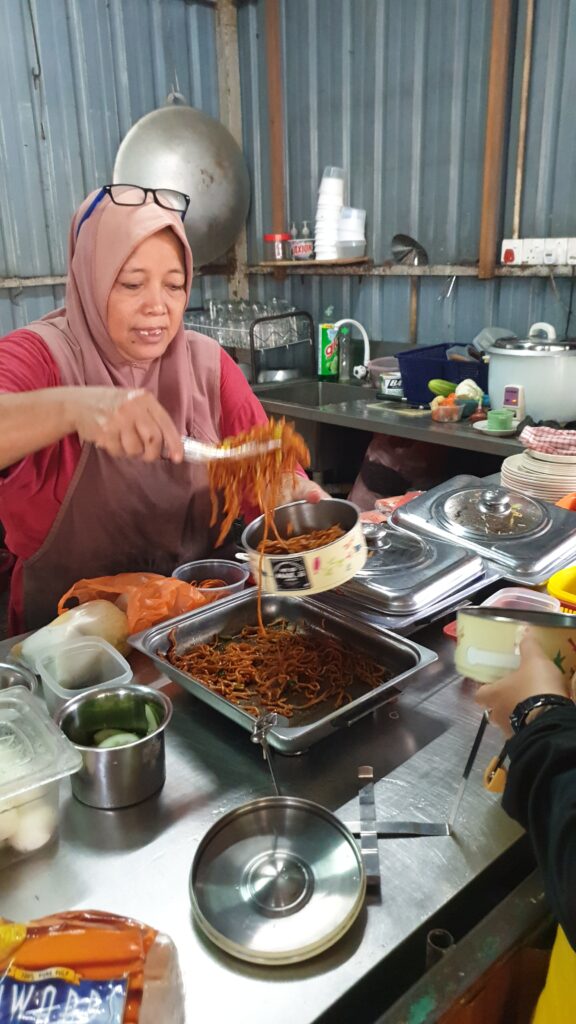
The temptation, following the announcement of a plastic ban, is to immediately search for a paper or “compostable” version of what was previously used. Ideally however, a ban should be part of a long-term transition towards a zero waste economy. It should be seen as an opportunity to target the throwaway culture in general. Rather than replacing plastic with more single-use items, a ban should support reuse systems for producers, retailers and consumers.
By encouraging companies to innovate, such systems can be created, tested and evaluated before the ban is implemented. People and businesses will have time to prepare, ensuring less resistance to the new regulations. These changes can further be supported by providing subsidies for investments in reusables and deposit return schemes.
How is the ban communicated?
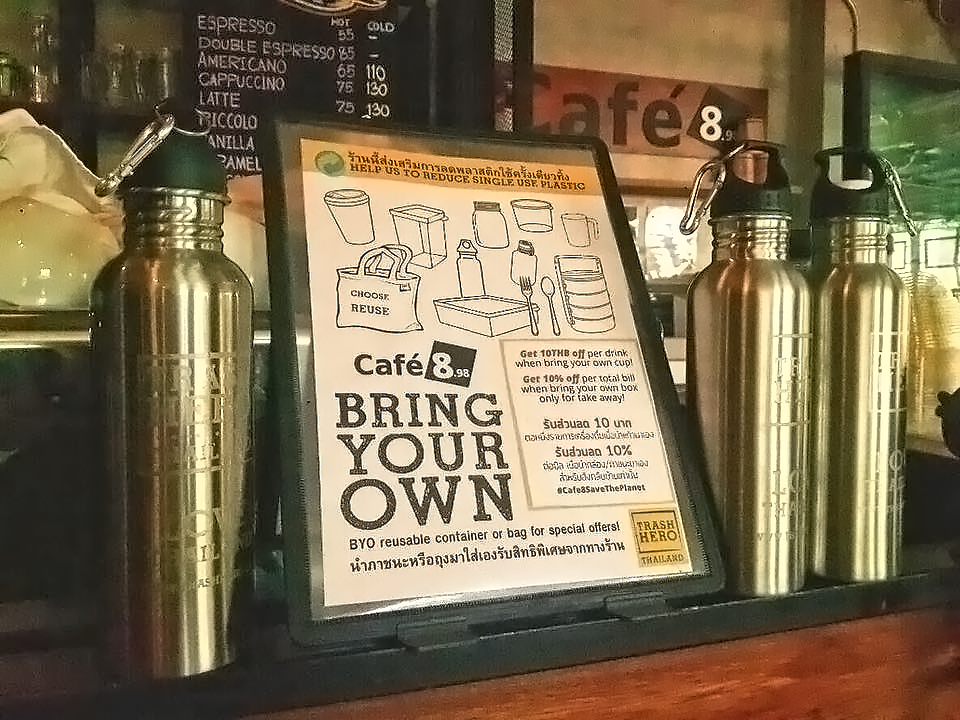
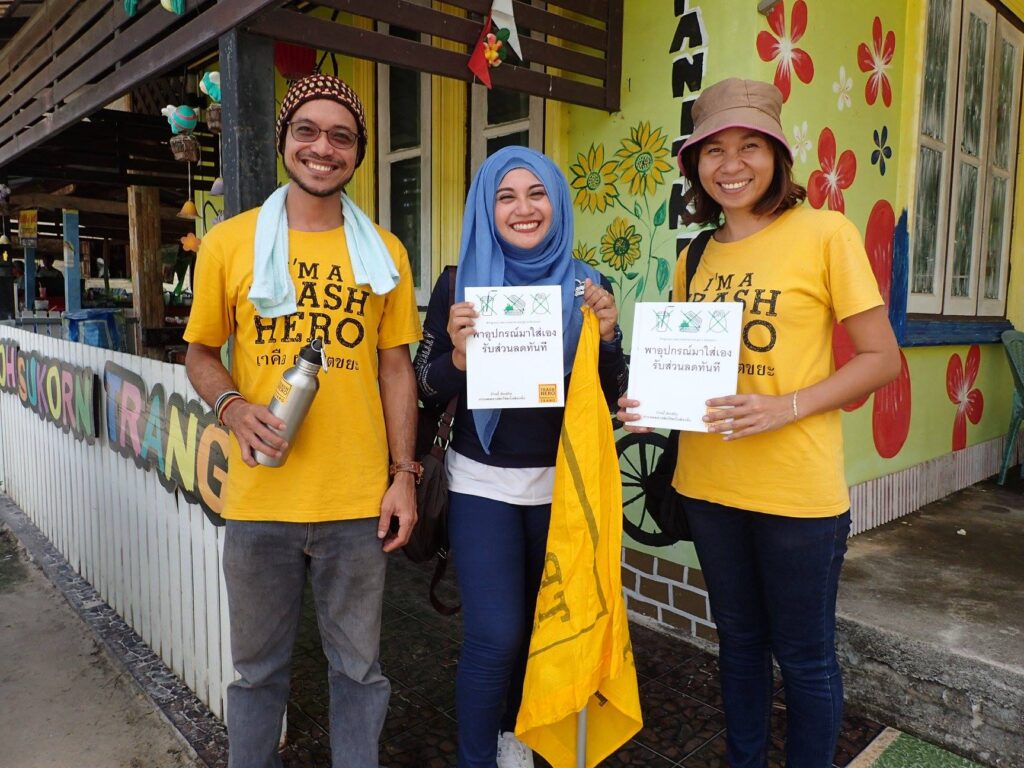
Any ban needs to have a clear communication strategy for producers, retailers and consumers. If you don’t know about a ban, or you don’t understand it, how can you follow it? Bans are often portrayed as restrictions on freedom or consumer choice. By helping the public understand the reasons for the ban and framing it as an opportunity, governments can help people feel they are an essential part of a movement towards a better and cleaner world – which they are!
Once a ban has come into force, it is also vital to share its success and show people the positive impact they are having with their actions. A great example of a well-communicated media campaign is in Morocco. The government used artists, celebrities and community cleanups to help introduce its plastic ban in 2016.
Is the ban enforceable?
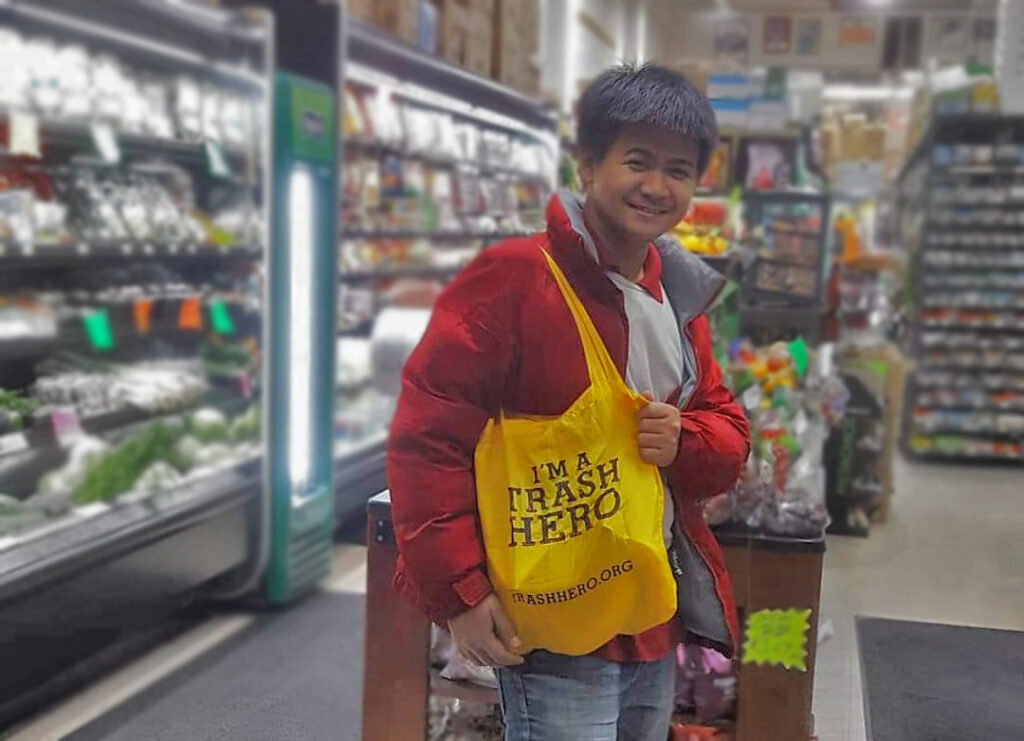
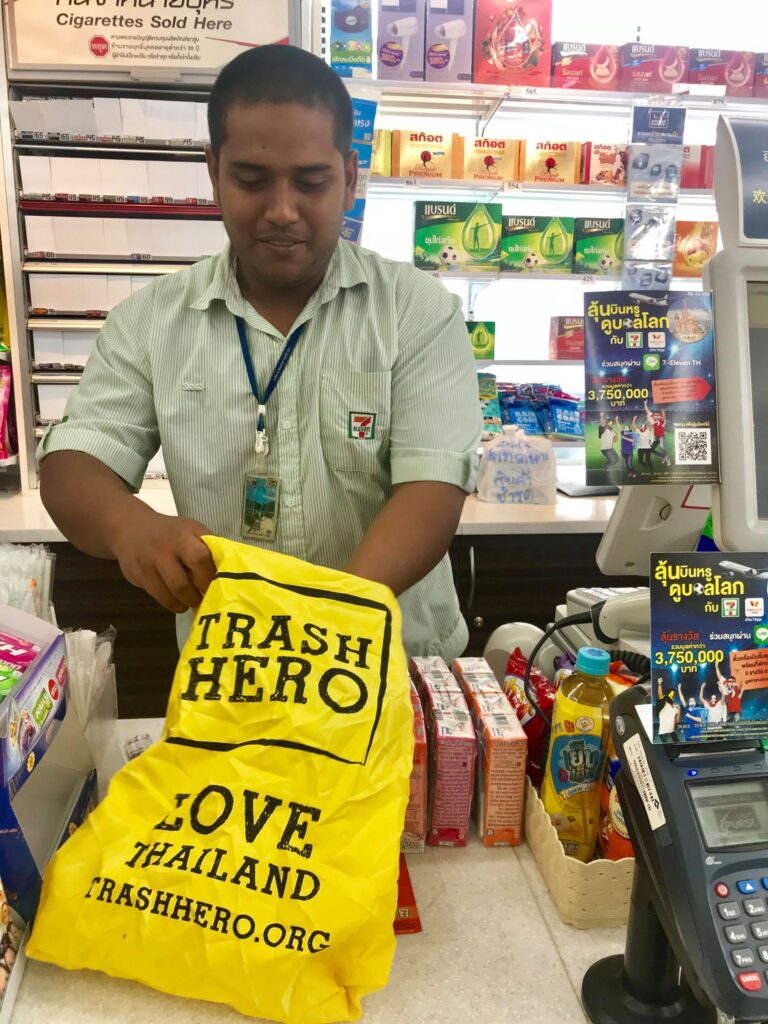
People and businesses affected by a ban will often try to find exceptions or loopholes that will allow them not to cooperate.
Generally, governments use fines against law-breakers, but these can be costly and very difficult to enforce on a large scale. For example, in New York, USA, a plastics ban was introduced in 2020, but very few of the businesses failing to meet the regulations have suffered any consequences. Therefore, people continue to use the items that have been banned.
The key to consistent enforcement is social pressure. If a ban is generally accepted by the public and the reasons for it understood, any violations will naturally be called out. This reduces the investment needed by governments to monitor and chase up infringements.
This of course goes hand-in-hand with a good communication strategy, as mentioned above.
Single-use plastic bans are essential in reducing plastic pollution worldwide and play a significant role in shifting towards a zero waste society. However they need to be done in the right way. With the correct items included in the ban, support for systemic change, a well-communicated campaign and social enforcement, they can be transformative rather than an expensive waste of time.
read more
